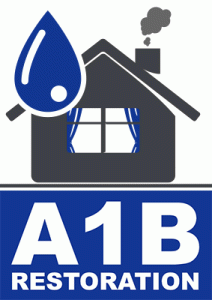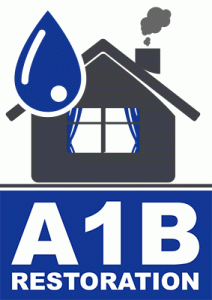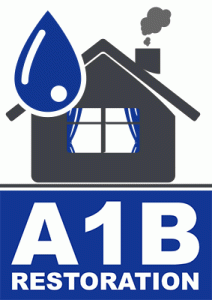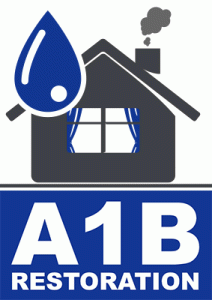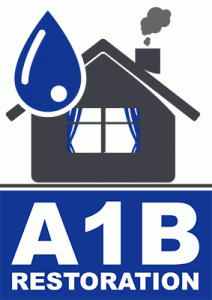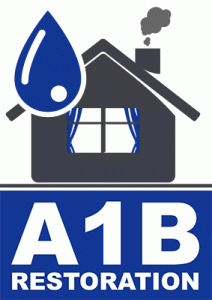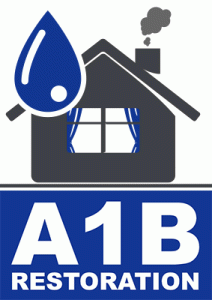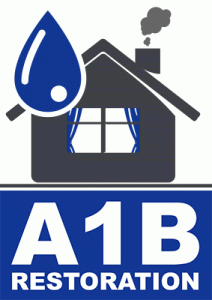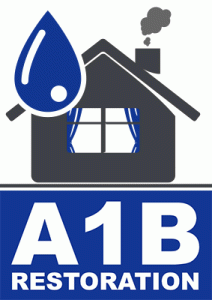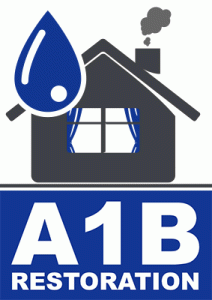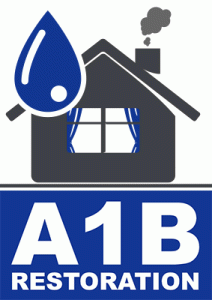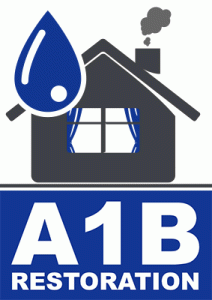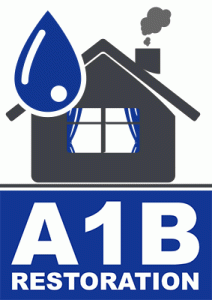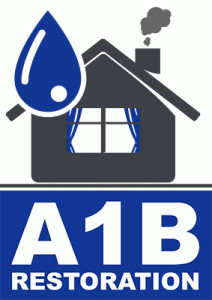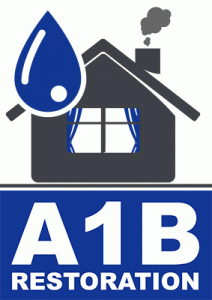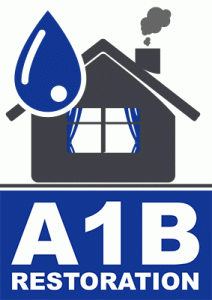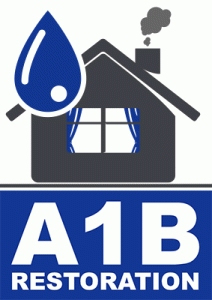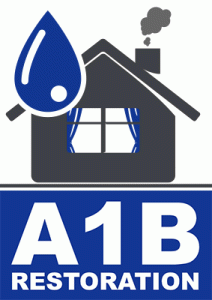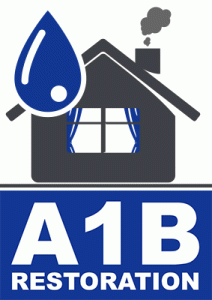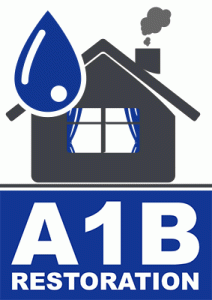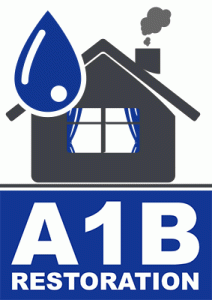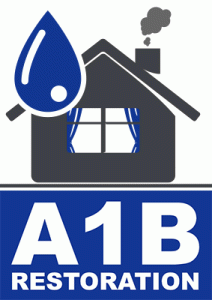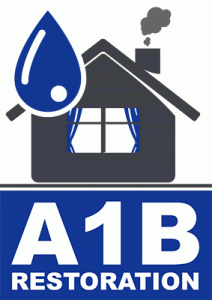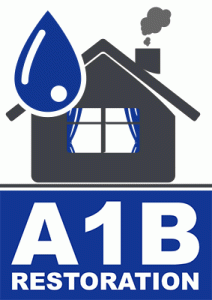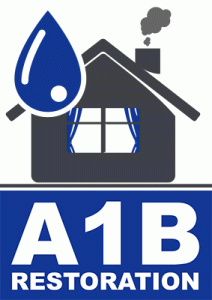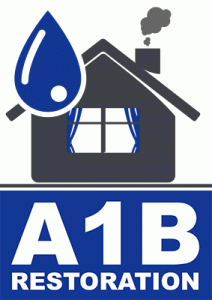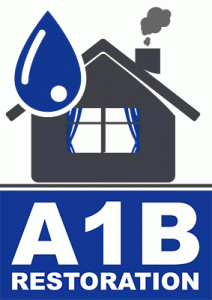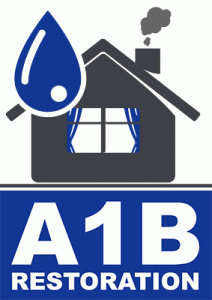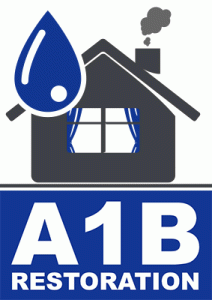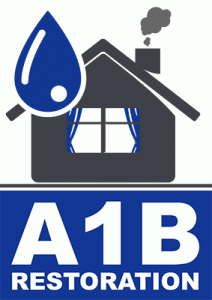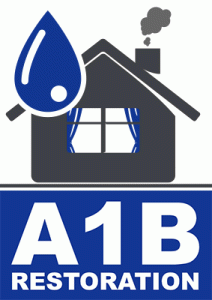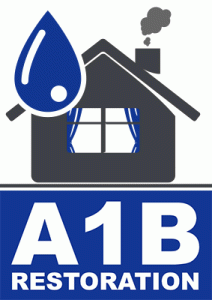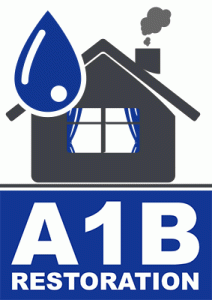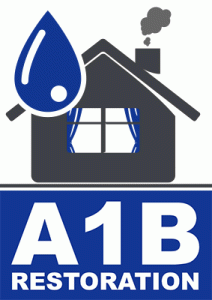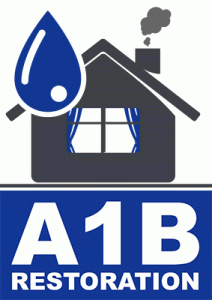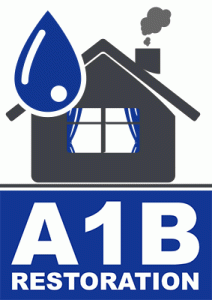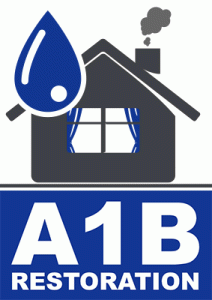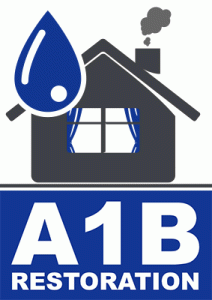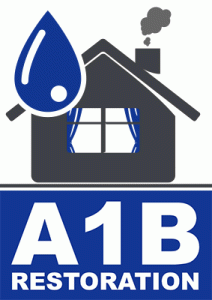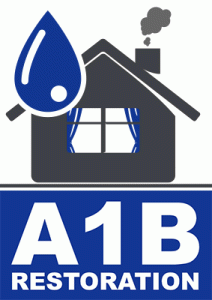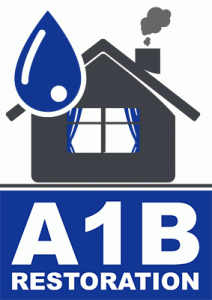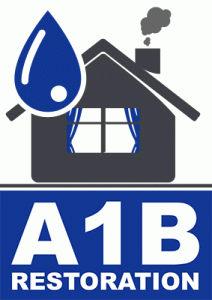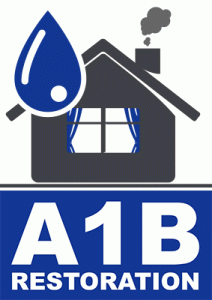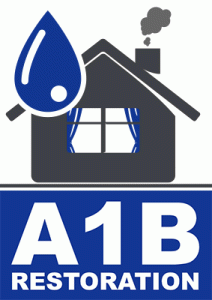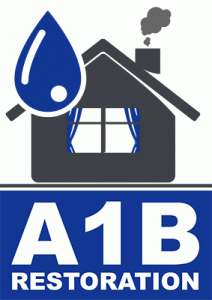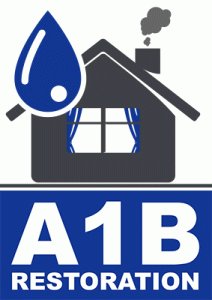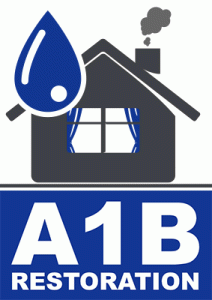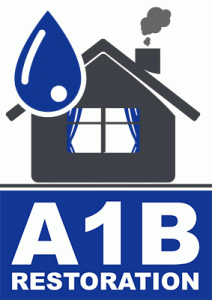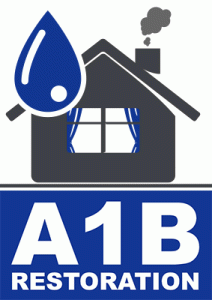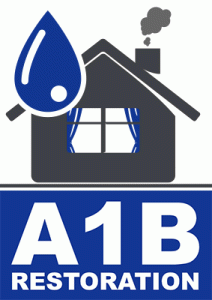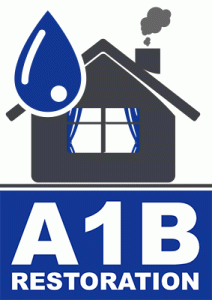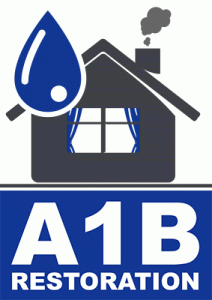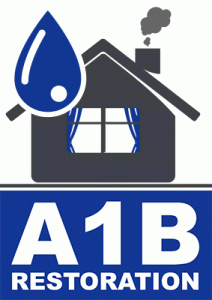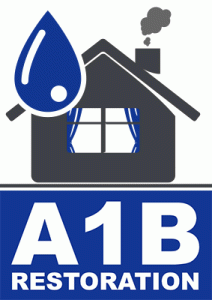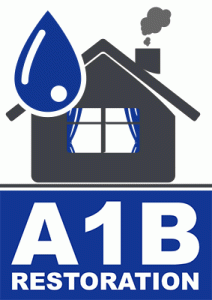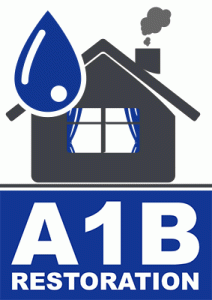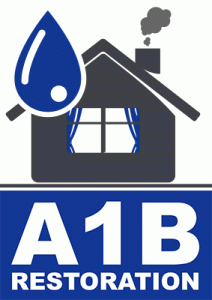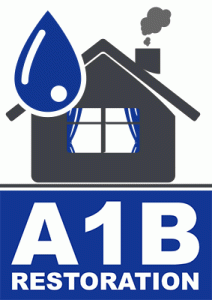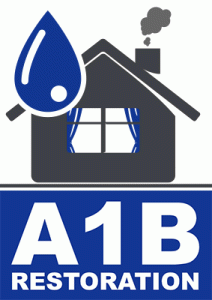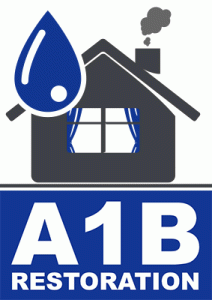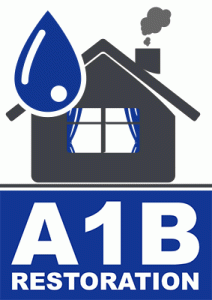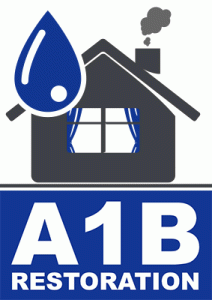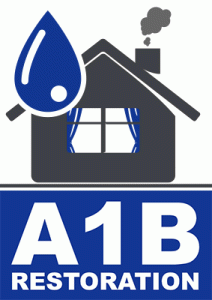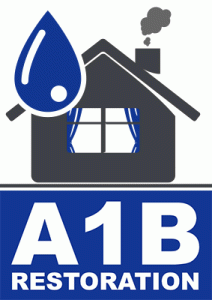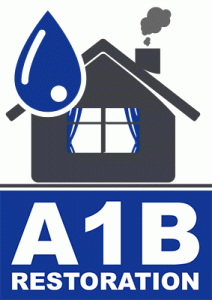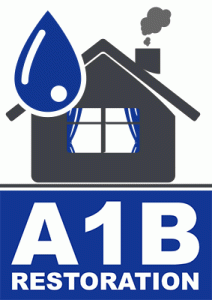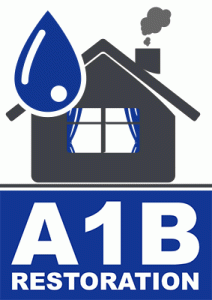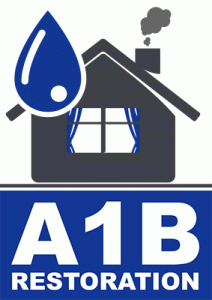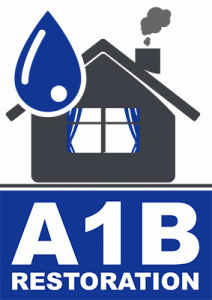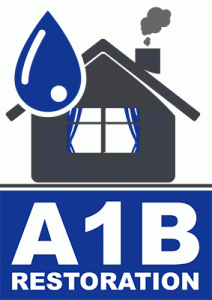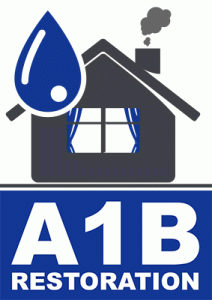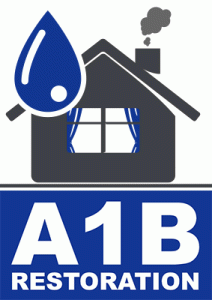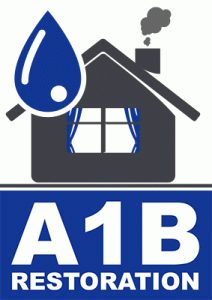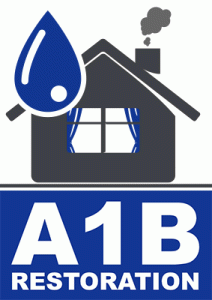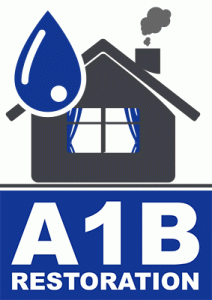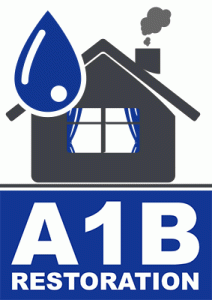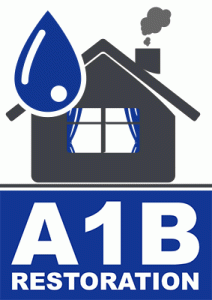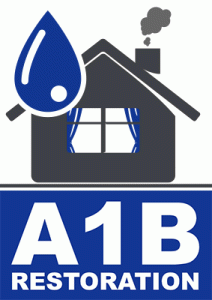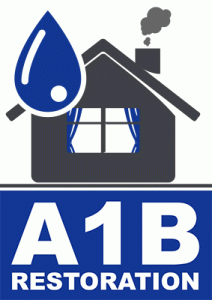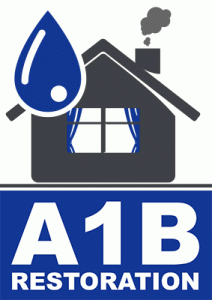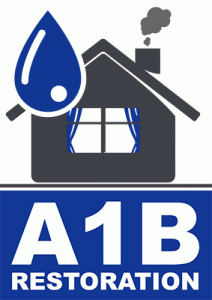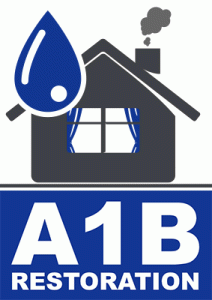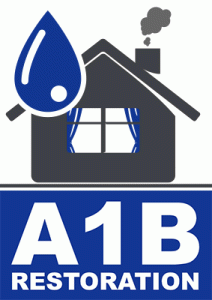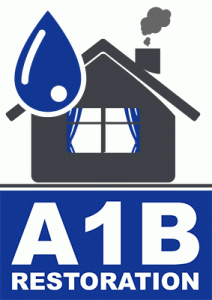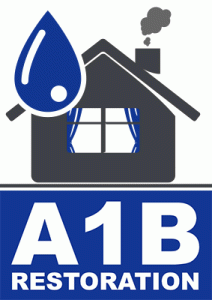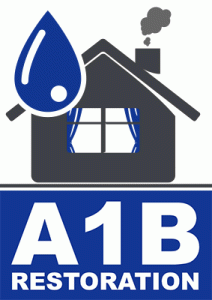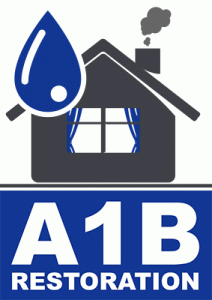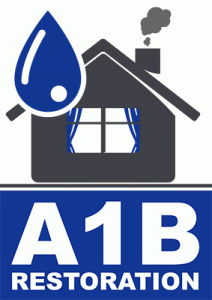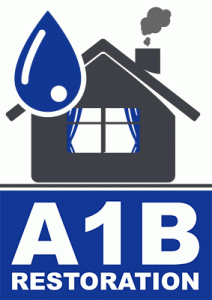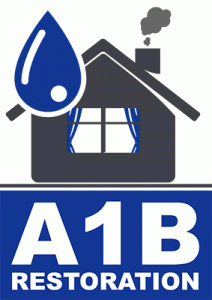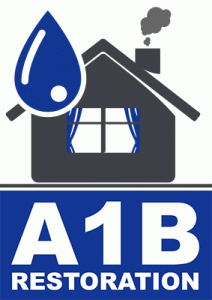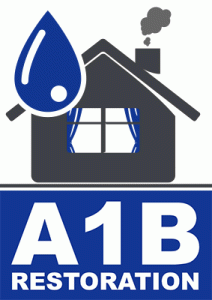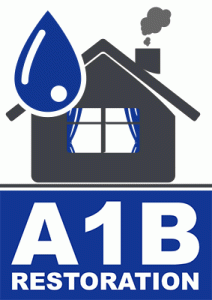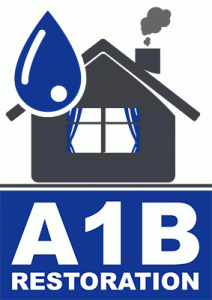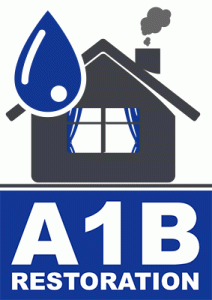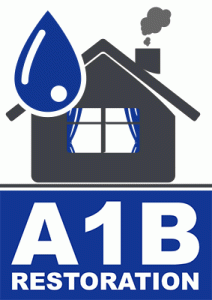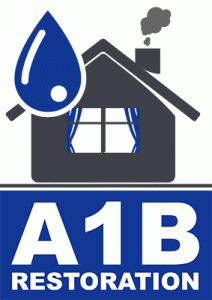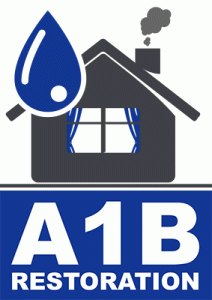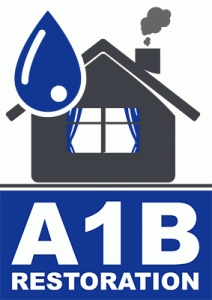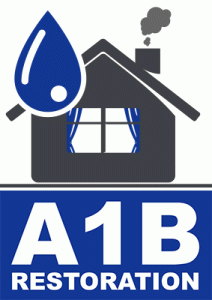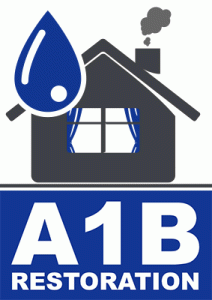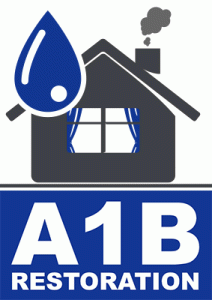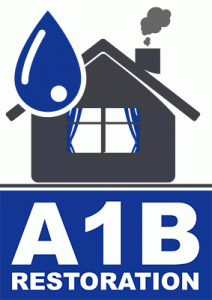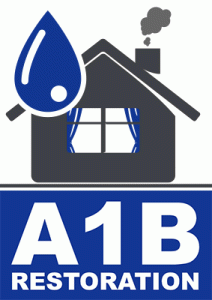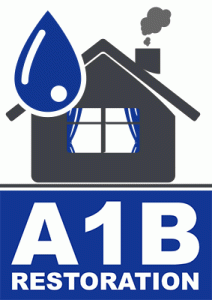Water Damage Prevention Tips for Homeowners
Water damage is one of the most common and potentially destructive problems you can face as a homeowner. From minor leaks to significant flooding, water damage can cause extensive damage to your property, leading to costly repairs and loss of valuable possessions. Fortunately, there are several steps you can take to prevent water damage in your home. In this comprehensive guide, we will explore practical tips and strategies that will help you protect your home from water-related issues.
Understanding Water Damage
Before diving into prevention tips, it’s crucial to understand what water damage is and how it occurs. Water damage can result from a variety of sources, including:
- Leaking pipes: Over time, pipes can corrode, crack, or fall apart, leading to leaks.
- Roof leaks: Damaged or missing shingles, clogged gutters, or ice dams can cause roof leaks.
- Flooding: Heavy rains, hurricanes, and flash floods can inundate your home with water.
- Appliance malfunctions: Dishwashers, washing machines, and water heaters can malfunction and leak water.
Statistics on Water Damage
Water damage is a significant concern for homeowners across the globe. According to the Insurance Information Institute, water damage accounts for roughly 29% of all homeowners insurance claims. Moreover, the average cost to repair water damage is around $7,000. These statistics underscore the importance of taking proactive measures to prevent water damage in your home.
Prevention Tips for Homeowners
1. Regularly Inspect and Maintain Your Home
Regular maintenance is crucial in preventing water damage. Here are some key areas to focus on:
- Inspect your roof: Check for damaged or missing shingles, and ensure gutters and downspouts are clear of debris.
- Examine plumbing: Regularly inspect pipes and fixtures for leaks or corrosion.
- Appliance maintenance: Check hoses and connections on appliances like washing machines and dishwashers.
2. Install a Sump Pump
If your home is prone to flooding, installing a sump pump is an excellent way to prevent water damage. A sump pump helps remove water from basements and crawl spaces, keeping these areas dry. Be sure to have a backup power source for your sump pump in case of a power outage.
3. Seal Windows and Doors
Water can enter your home through improperly sealed windows and doors. To prevent this, check the seals around windows and doors regularly and repair any cracks or gaps. Applying weather-stripping or caulking can help keep water out and improve energy efficiency.
4. Grade Your Yard Properly
Ensuring your yard is graded properly can prevent water from pooling around the foundation of your home. Ideally, the ground should slope away from your home, directing water away from the foundation. If necessary, consult a landscaping professional to adjust the grading.
5. Use Water Leak Detection Devices
Invest in water leak detection devices that can alert you to the presence of water in areas where leaks are common. These devices can detect moisture and send notifications to your smartphone, allowing you to address issues promptly.
6. Maintain Gutters and Downspouts
Clogged gutters and downspouts can cause water to overflow and damage your roof and siding. Clean your gutters and downspouts regularly, especially after heavy rains or during the fall when leaves are abundant. Ensure that downspouts direct water at least six feet away from your home’s foundation.
7. Install a Backwater Valve
If your home is susceptible to sewer backups, consider installing a backwater valve. This device prevents sewage from backing up into your home through the plumbing system, protecting your basement and lower floors from contamination and damage.
8. Educate Your Family
Ensure that all household members know the location of the main water shut-off valve. In the event of a major leak, shutting off the water supply quickly can prevent extensive damage. Additionally, teach family members how to identify potential signs of water damage, such as damp spots, musty odors, or peeling paint.
Conclusion
Water damage can have devastating consequences for homeowners, but by taking proactive measures, you can significantly reduce the risk. Regular inspections, maintenance, and the installation of preventive devices are essential steps in protecting your home. Remember, the cost of prevention is often much lower than the cost of repairs. By following the tips outlined in this guide, you’ll be better equipped to safeguard your home against the threat of water damage.
For more detailed information on water damage prevention and other home maintenance tips, feel free to explore our blog further. Your home is one of your most valuable assets, and protecting it from water damage is a wise investment.
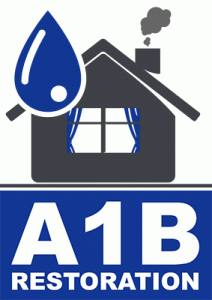
best water damage restoration near me Arlington Texas
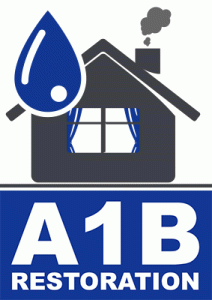
water removal services near me Lakewood Dallas Texas
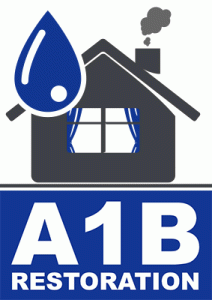
best water damage restoration near me Fairview Texas
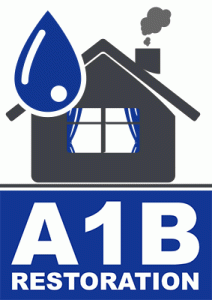
Lewisville Texas water damage restoration near me
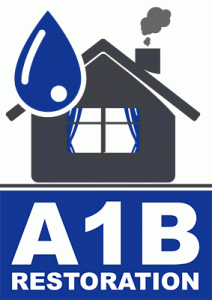
restoration company water damage North Richland Hills Texas
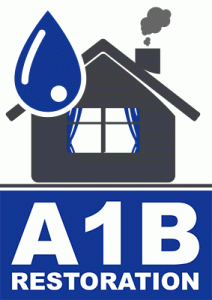
water damage restoration services near me Highland Park Texas
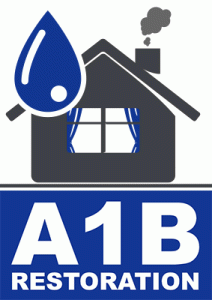
best water damage restoration near me Murphy Texas
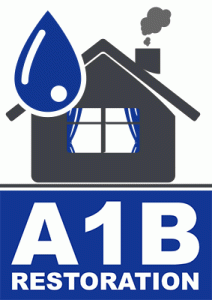
residential water damage restoration Grapevine Texas
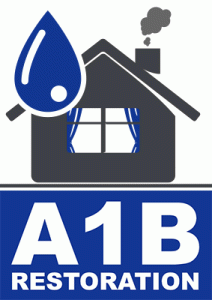
Euless Texas water damage restoration service near me
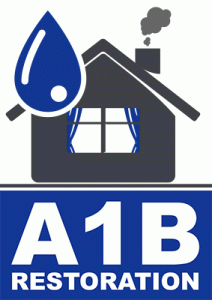
Lakewood Dallas TX water damage restoration companies near me
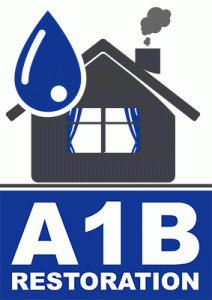
water remediation company near me Little Elm Texas
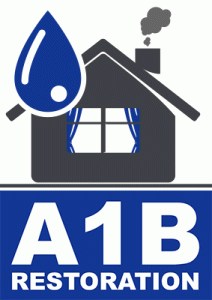
North Richland Hills Texas water damage companies
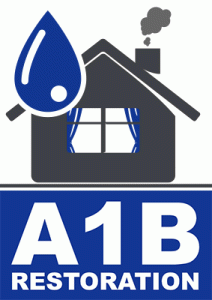
Lewisville Texas water extraction company near me
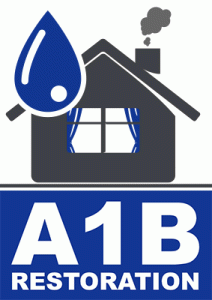
Haltom City Texas water extraction company near me
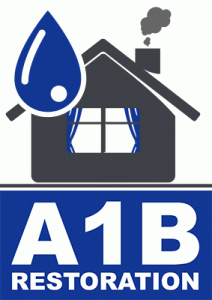
Carrollton Texas restoration water damage companies
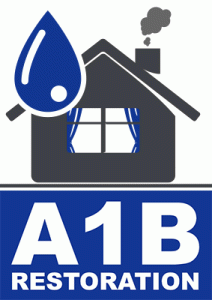
Carrollton Texas water extraction company near me
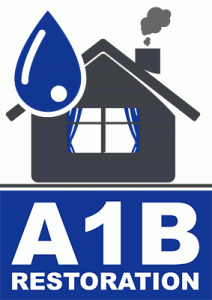
Sachse Texas water damage restoration service near me
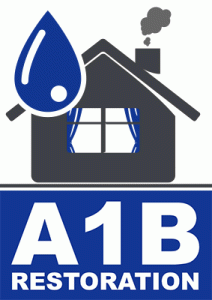
Lake Highlands Dallas Texas water restoration companies
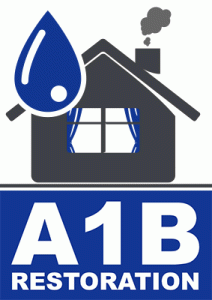
Lake Highlands Dallas Texas water cleanup service near me
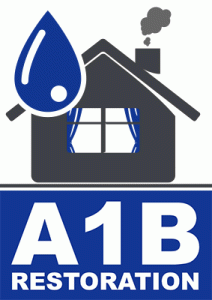
Lake Dallas Texas water damage restoration service near me
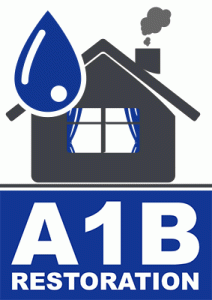
Lake Highlands Dallas TX water damage restoration companies
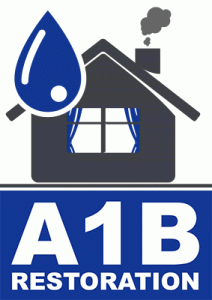
Grand Prairie TX water damage restoration company
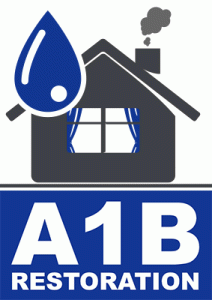
Richardson TX water damage restoration companies near me
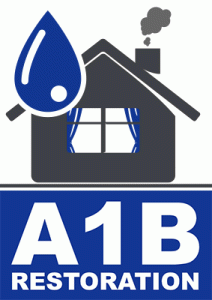
Preston Hollow Dallas TX water damage restoration companies
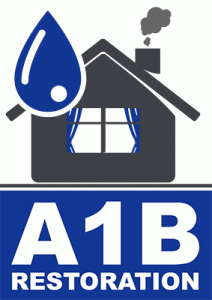
Colleyville TX water damage restoration companies near me
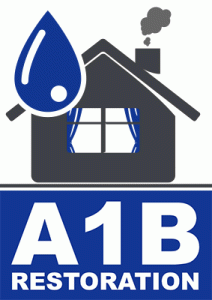
Carrollton TX water damage restoration companies
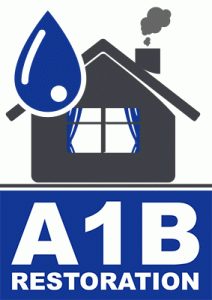
Colleyville TX water damage restoration companies
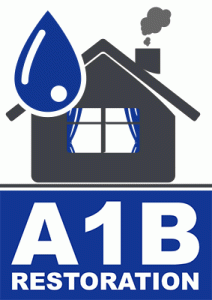
Highland Park TX water damage restoration company
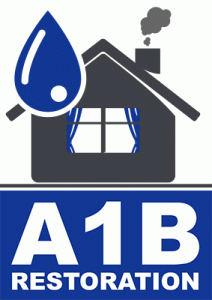
Lake Highlands Dallas TX water damage restoration
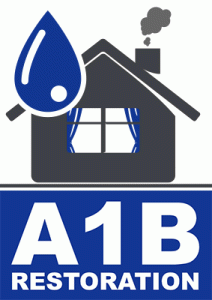
Flower Mound TX restoration water damage experts
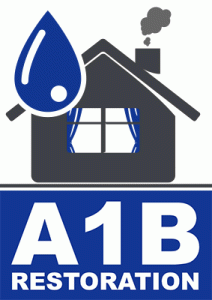
residential water damage restoration Roanoke Texas
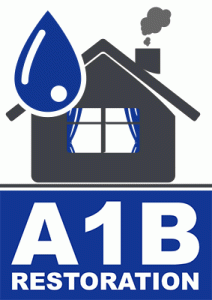
water restoration companies near me Southlake Texas
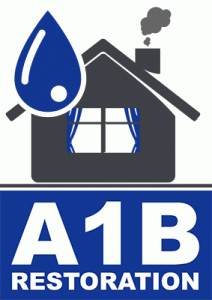
water remediation company near me Lewisville Texas
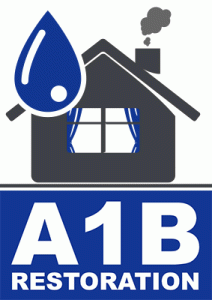
water damage and restoration Lake Highlands Dallas Texas
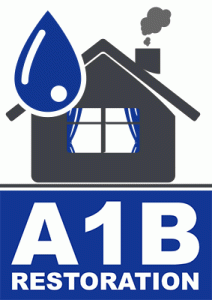
restoration company water damage Preston Hollow Dallas Texas
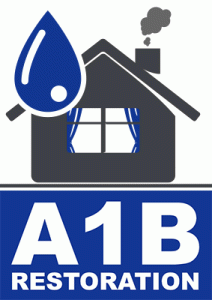
water damage and restoration companies Bedford Texas
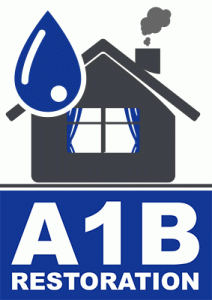
water restoration companies near me Lewisville Texas
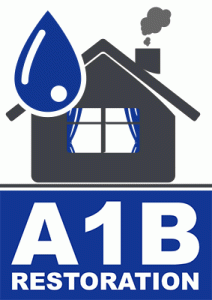
best water damage restoration near me Highland Park Texas
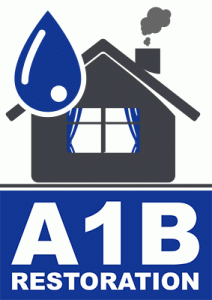
best water damage restoration near me Garland Texas
